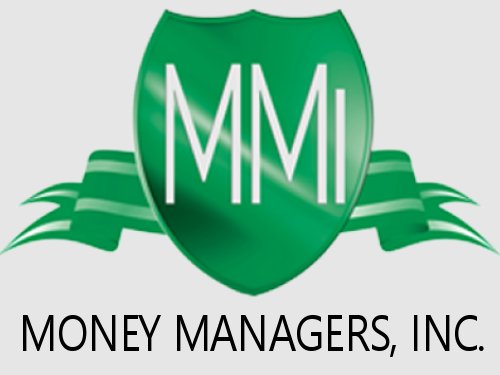Crucial questions & essential documents.
Presented by Marc Aarons @ Money Managers inc.
The financial planning process is not merely a matter of numbers. When you meet with a financial advisor to map out a strategy for wealth accumulation or wealth preservation, you may find yourself intellectually and emotionally engaged on a level you hadn’t anticipated. It may actually give you a better understanding of what you want from life.
A solid, multi-aspect financial plan takes many things into account. It may include a tax minimization strategy, an estate plan, an investment policy statement, defined steps toward business continuation or a business exit, and more. Now, what is at the root of all of this? What might make you adopt a particular investment style, establish a particular trust, or set certain financial and lifestyle goals for retirement? Your values, your attitudes, your lifestyle circumstances, your needs and your wants.
It all revolves around you.
The discovery meeting & beyond. Financial advisors commonly have a discovery meeting with a new client. Beforehand, you will likely be asked to share some pertinent information in a questionnaire, such as:
* Your age.
* Your present income level and projected future income;
* Your current and future needs;
* Any projected expenses;
* Your assets and liabilities;
* The number of dependents you are responsible for;
* Any possible health or external issues that may impact your finances
The completed questionnaire is commonly emailed or mailed to the advisor prior to the discovery meeting. To complement the rather basic information in the questionnaire, the client usually brings the following items to the discovery meeting:
* Recent financial statements for your IRA(s) and 401(k)s, assorted funds and other types of investment accounts, and Social Security benefits (if you currently receive Social Security income)
* Information on insurance coverage, employee benefits, any wills and trusts, and any pension income or stock options, COLI or forms of deferred compensation
* A copy of your latest personal (and if applicable, corporate) tax returns
This may seem like information overload, but it has a purpose. It gives the advisor a necessary briefing on the state of your financial life. It also opens the door to a quite necessary conversation – one which can prove valuable and illuminating.
For example, what purpose does money have in your life? What is it there for, what should it help you accomplish? What should it do for your heirs? To greater or lesser degree, your investment strategy, your retirement strategy, your business continuation strategy and your estate plan will express your values and beliefs. Your financial decisions should be aligned with those values and beliefs.
Questions to consider while engaging the advisor. Ask how much time they will devote to looking out for your investments, and ask what kinds of investments they commonly recommend to clients with an analogous financial situation. Query them about how they will work with other financial professionals you trust (your accountant, your insurance agent, and so forth). Ask them about their money management and risk management approaches and if they have changed since 2008. Ask how they typically use their knowledge base to advise similar clients.1
Also, how is the advisor paid? Does this advisor earn the bulk of his or her income from fees for advice and portfolio management? (Some charge clients a fee representing a percentage of their total assets under management.) Or does this advisor regularly earn commissions on the sale of financial products? Some people believe that fee-based advisors will be less inclined to “push” products. Some advisors allow you to choose how they will be paid during the relationship.1
If you become wealthier from the financial strategy you adopt, you can take satisfaction in the tangible financial progress you make. Apart from that, there is also the emotional satisfaction of knowing that you have been proactive and addressed important financial concerns in your life.
Do you have a financial strategy in place? Or could your current approach use some refinement given the way the markets and the economy have changed recently? A meeting with a Certified Financial Planner™ professional or other qualified wealth advisor could give you new insight and new ideas to help you pursue your objectives.
Marc Aarons may be reached at 714-887-8000 or marc@ocmoneymanagers.com
www.ocmoneymanagers.com
Citations.
1 – online.wsj.com/article/SB10001424052970203609204574316542532636618.html [7/28/09]
This material was prepared by MarketingLibrary.Net Inc., and does not necessarily represent the views of the presenting party, nor their affiliates. All information is believed to be from reliable sources; however we make no representation as to its completeness or accuracy. Please note – investing involves risk, and past performance is no guarantee of future results. The publisher is not engaged in rendering legal, accounting or other professional services. If assistance is needed, the reader is advised to engage the services of a competent professional. This information should not be construed as investment, tax or legal advice and may not be relied on for the purpose of avoiding any Federal tax penalty. This is neither a solicitation nor recommendation to purchase or sell any investment or insurance product or service, and should not be relied upon as such. All indices are unmanaged and are not illustrative of any particular investment.

Comments are closed